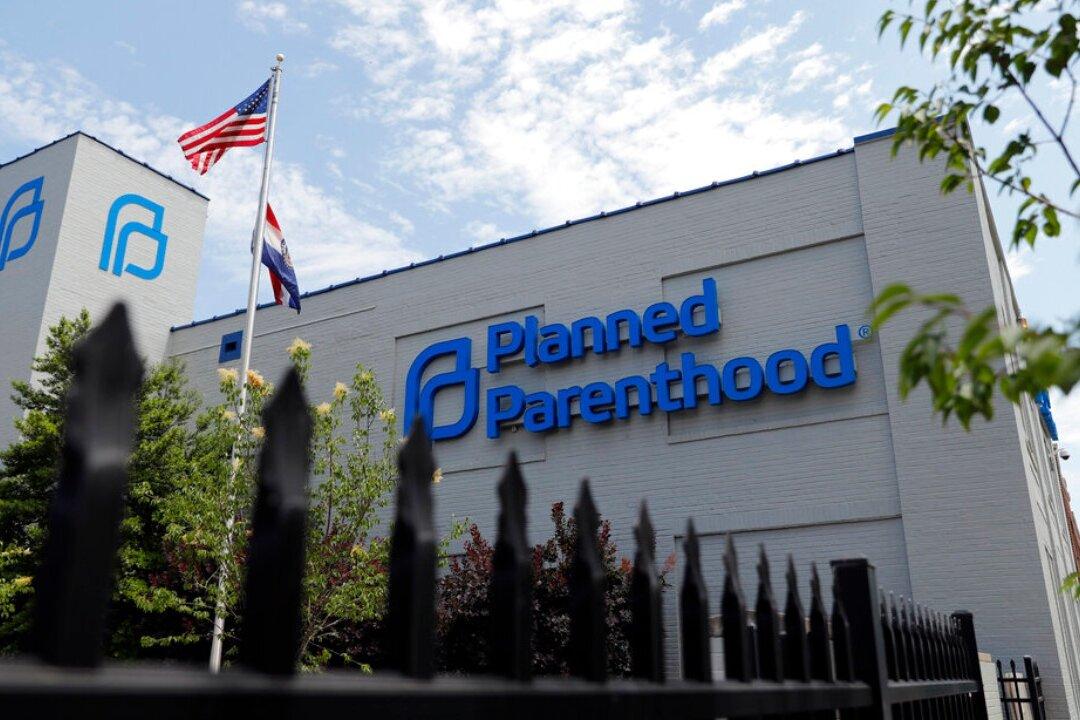A federal judge has issued a temporary restraining order blocking Kentucky authorities from enforcing the HB 3 bill that bans most abortions after 15 weeks of pregnancy and requires women to submit to an examination by a doctor before receiving abortion pills.
The abortion law contains reporting requirements and restrictions that Planned Parenthood said it couldn’t comply with immediately as officials have not put key procedural requirements in place. As per the law, noncompliance can attract felony penalties, fines, and even revocation of facility and physician licenses.





